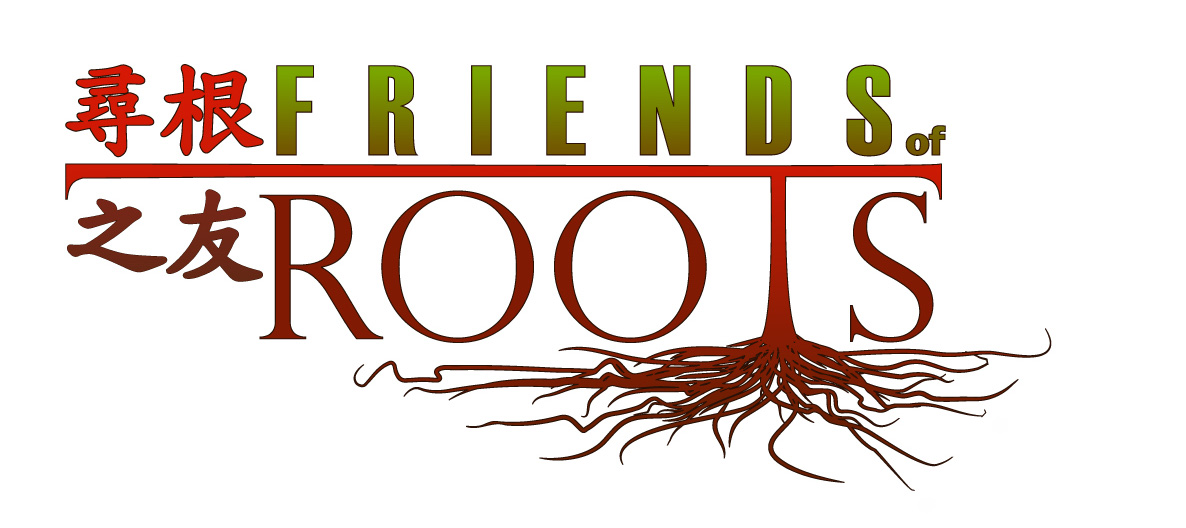
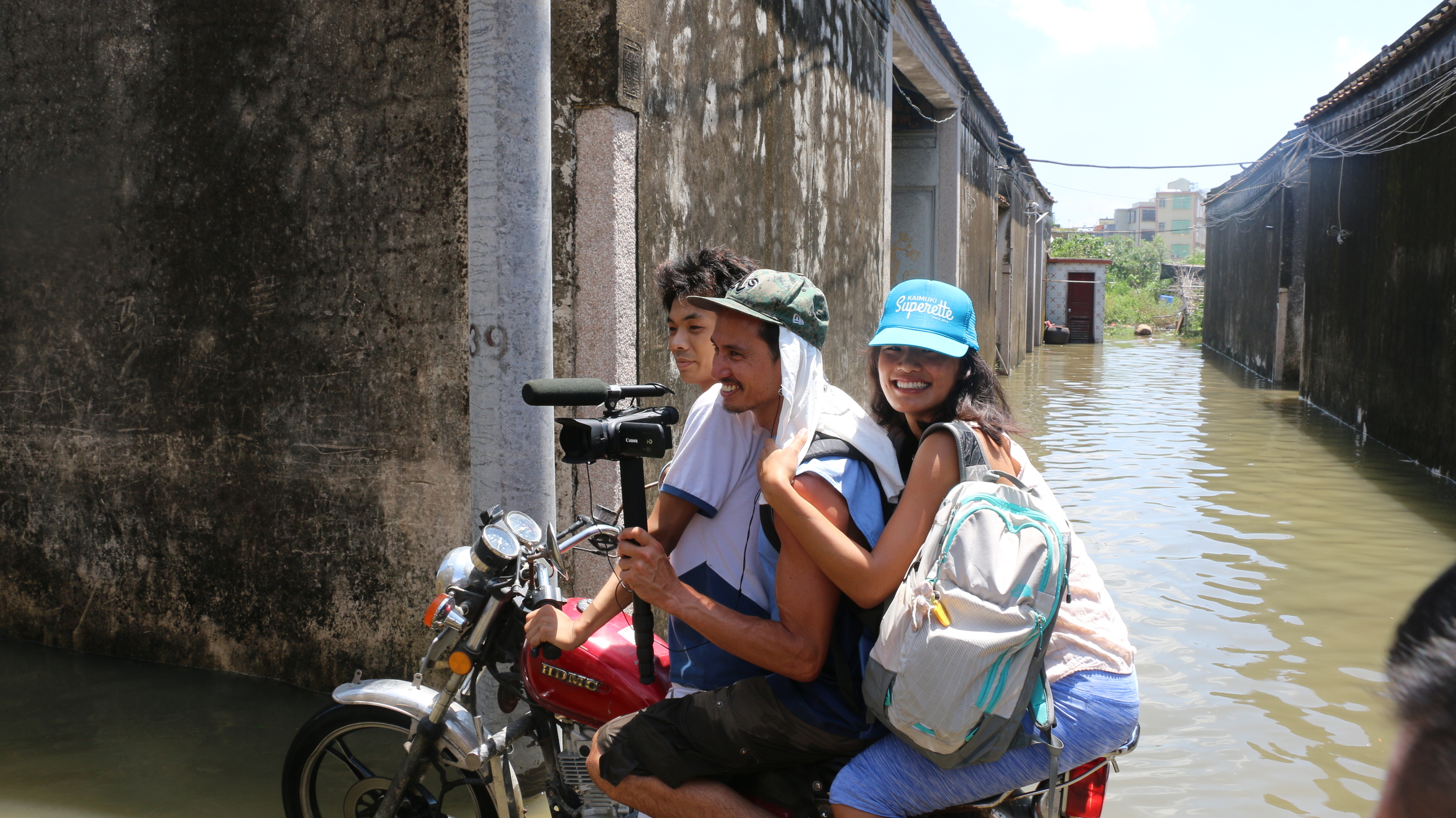
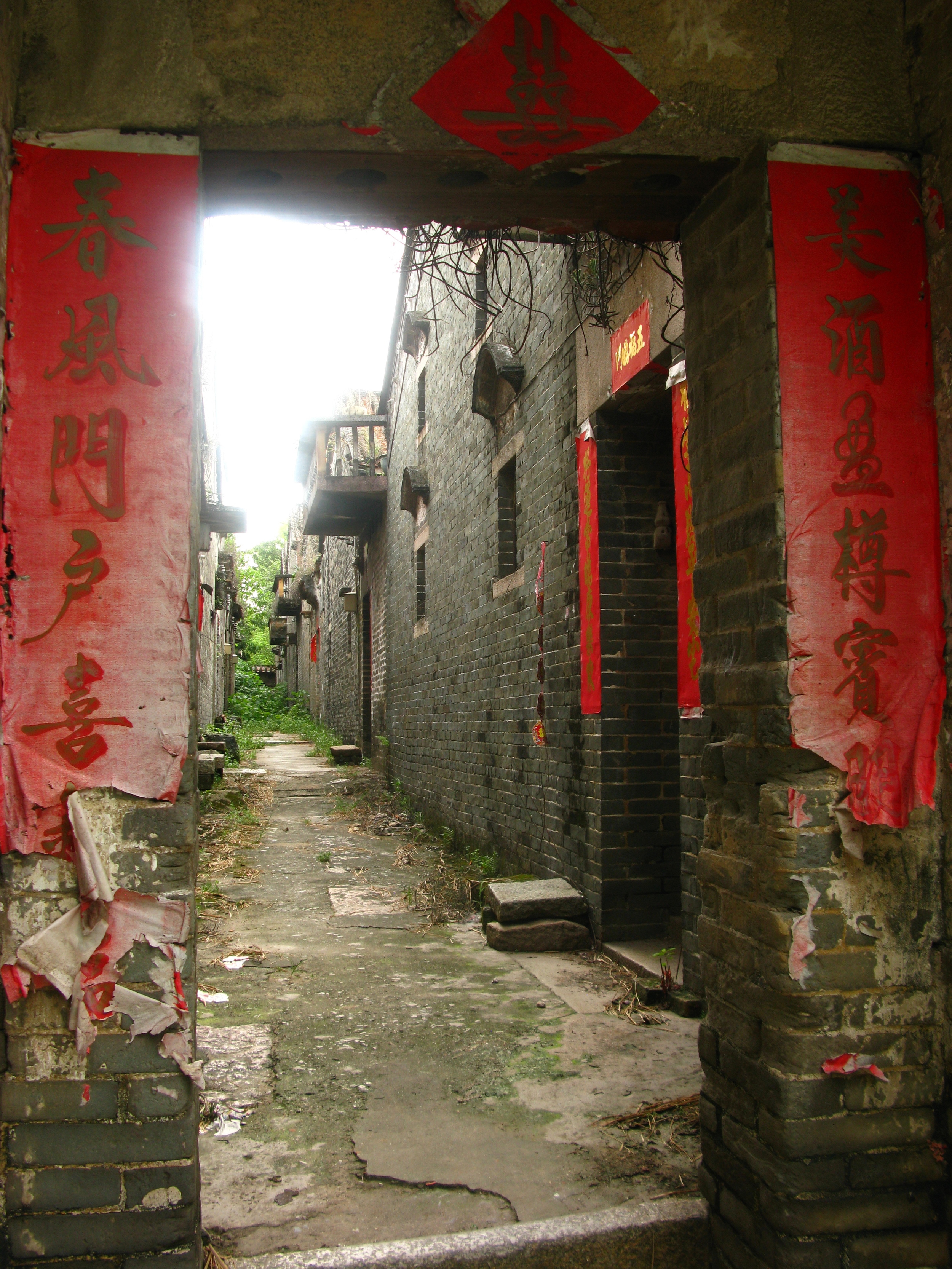
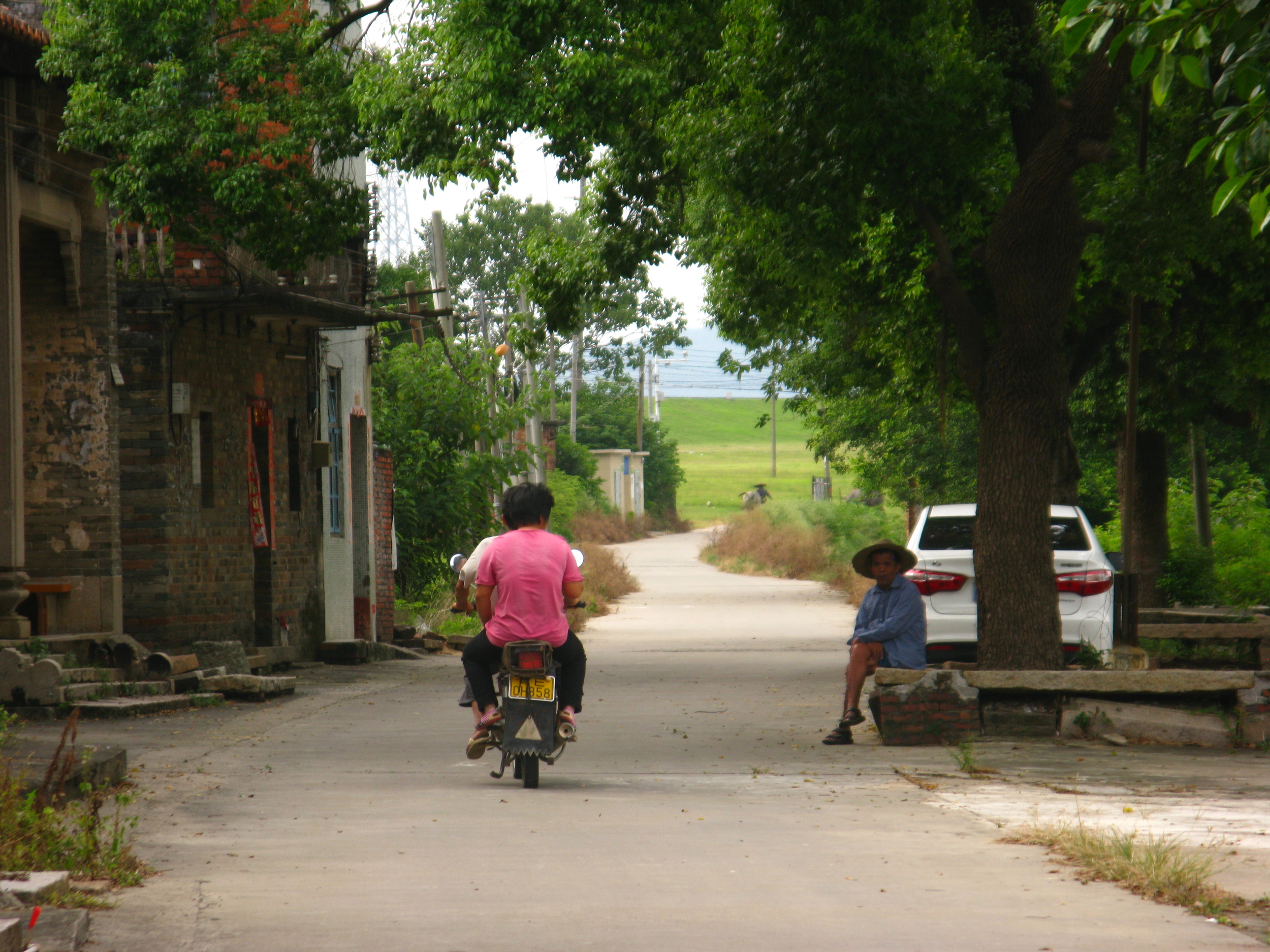
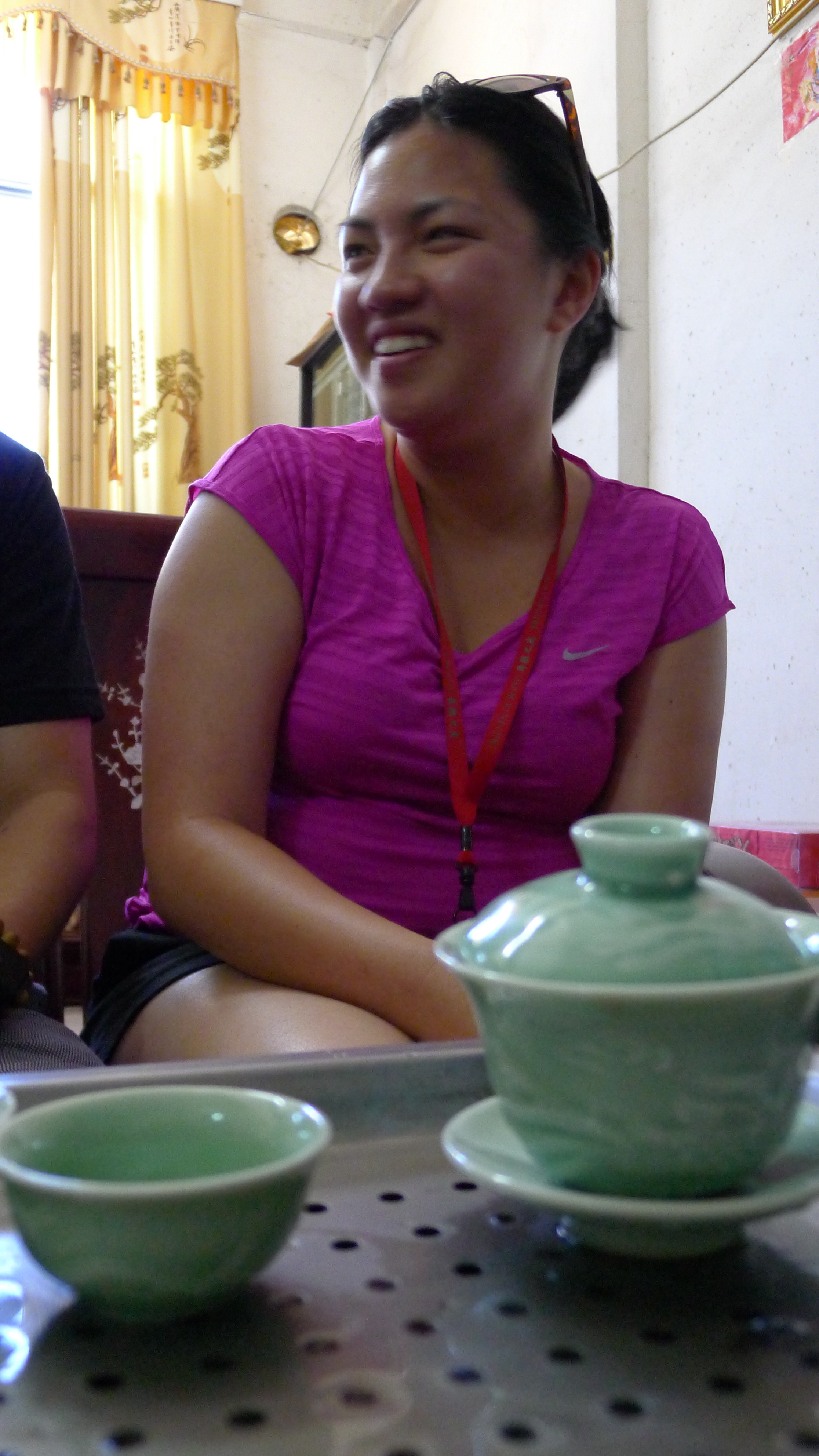
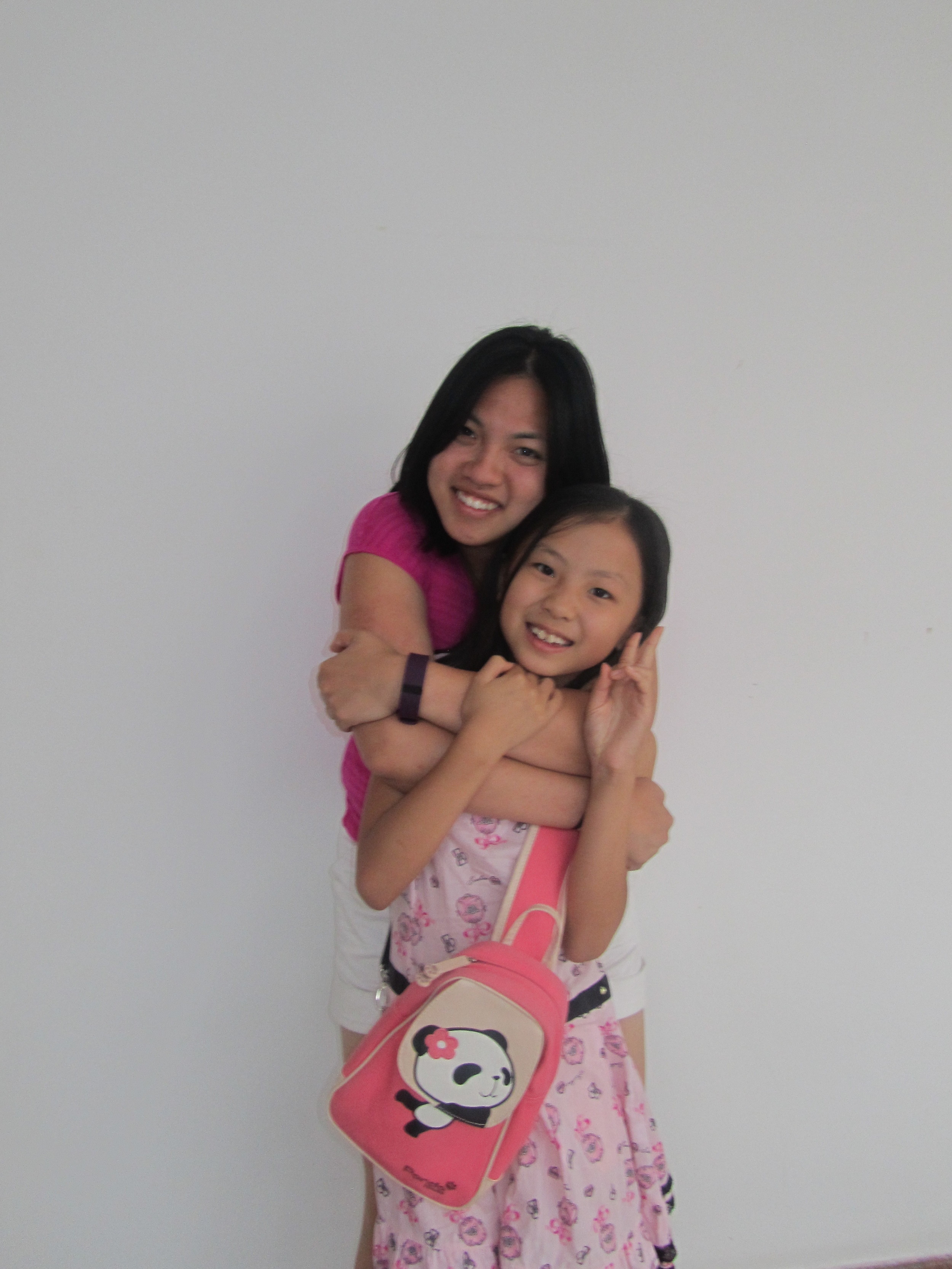
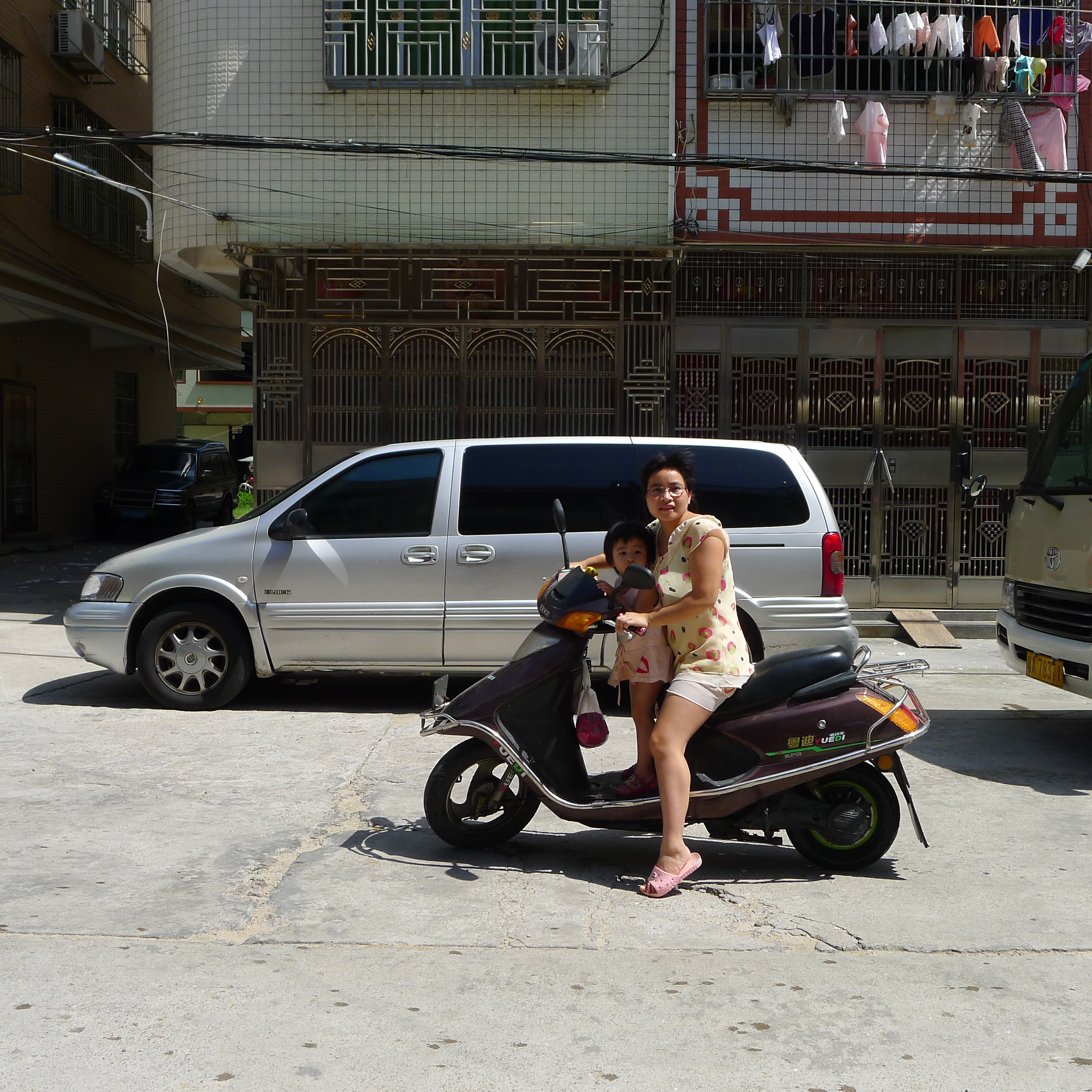
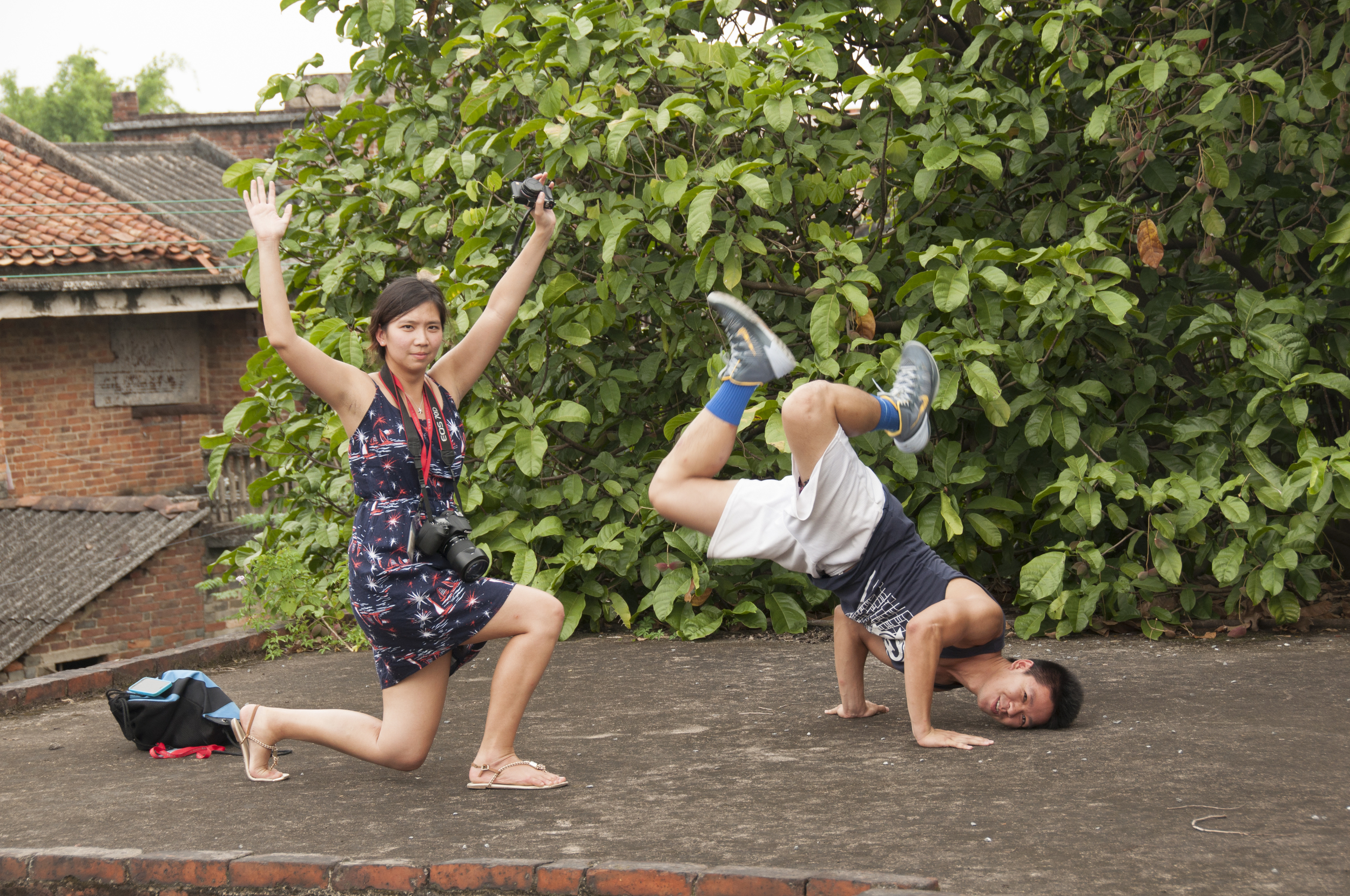
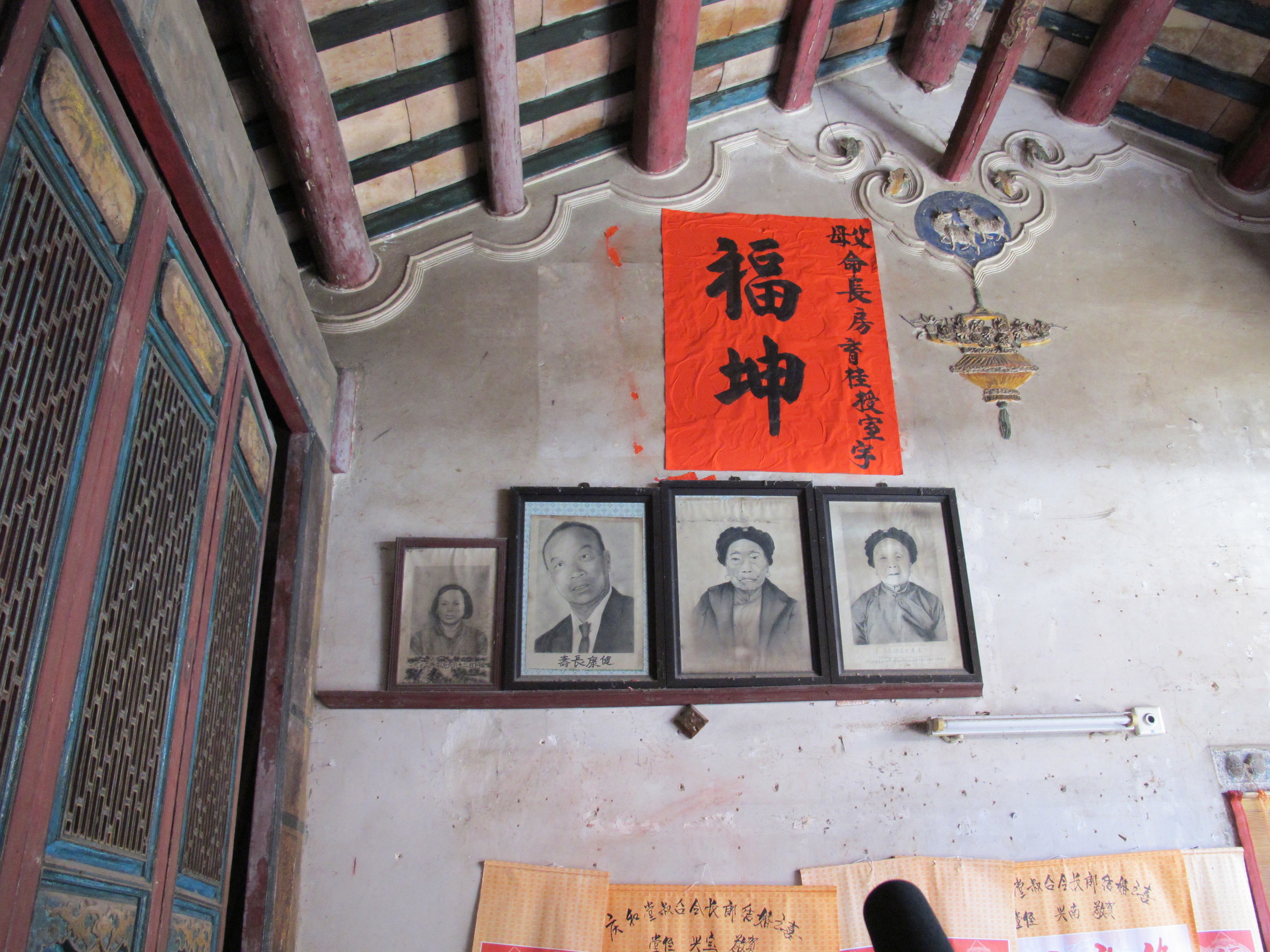
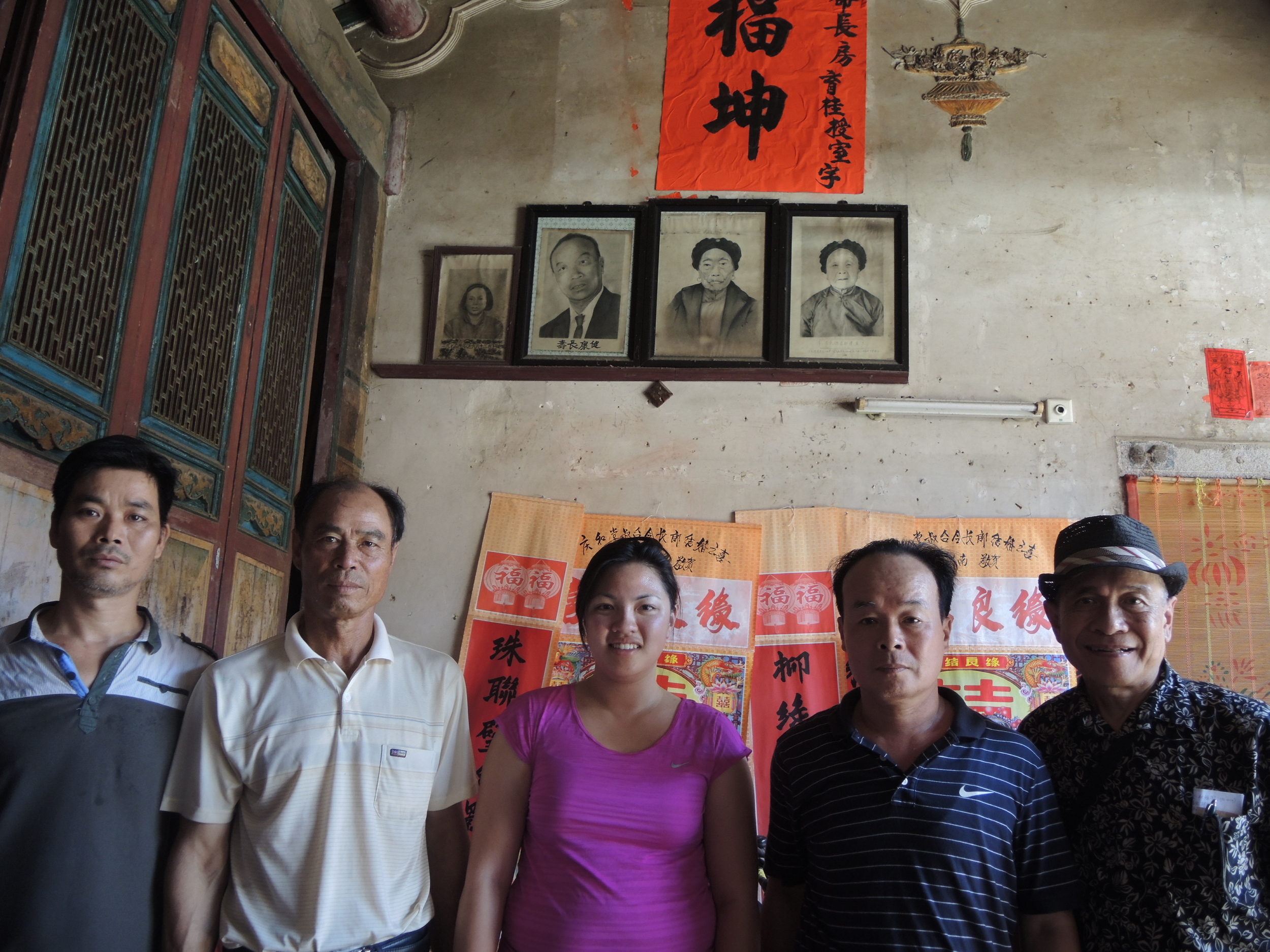
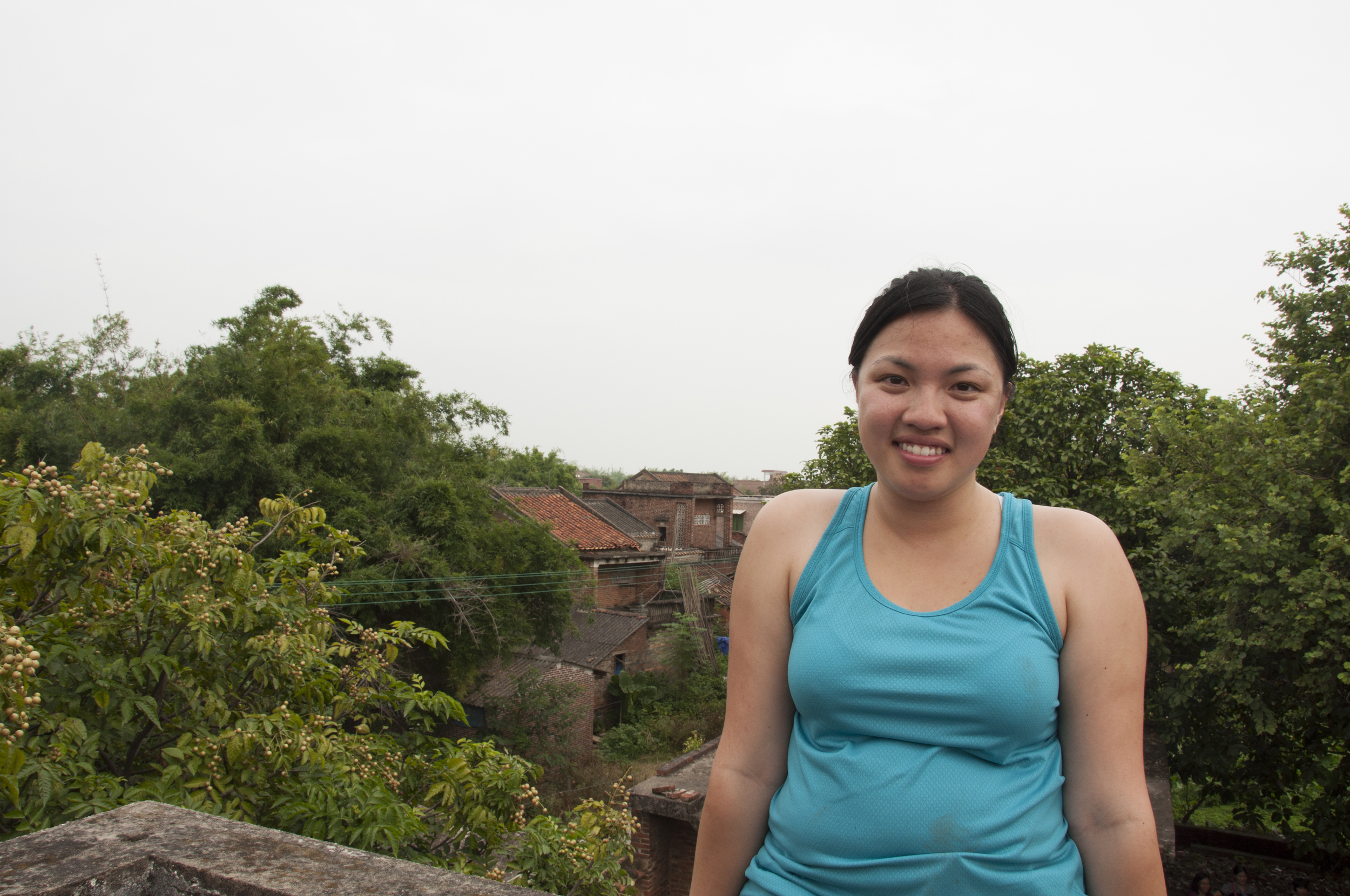
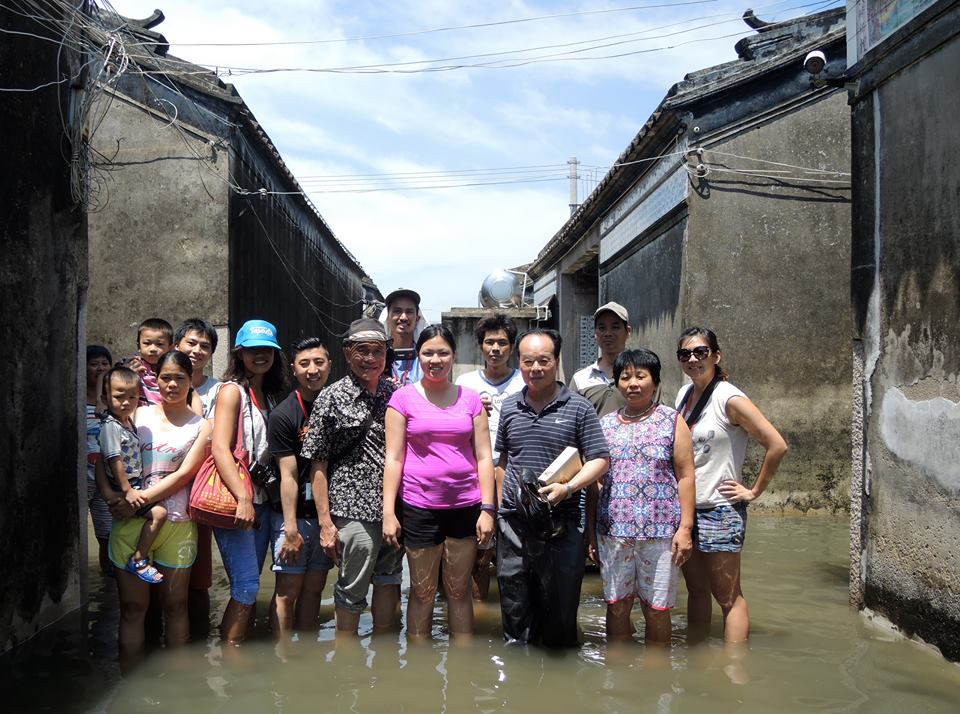
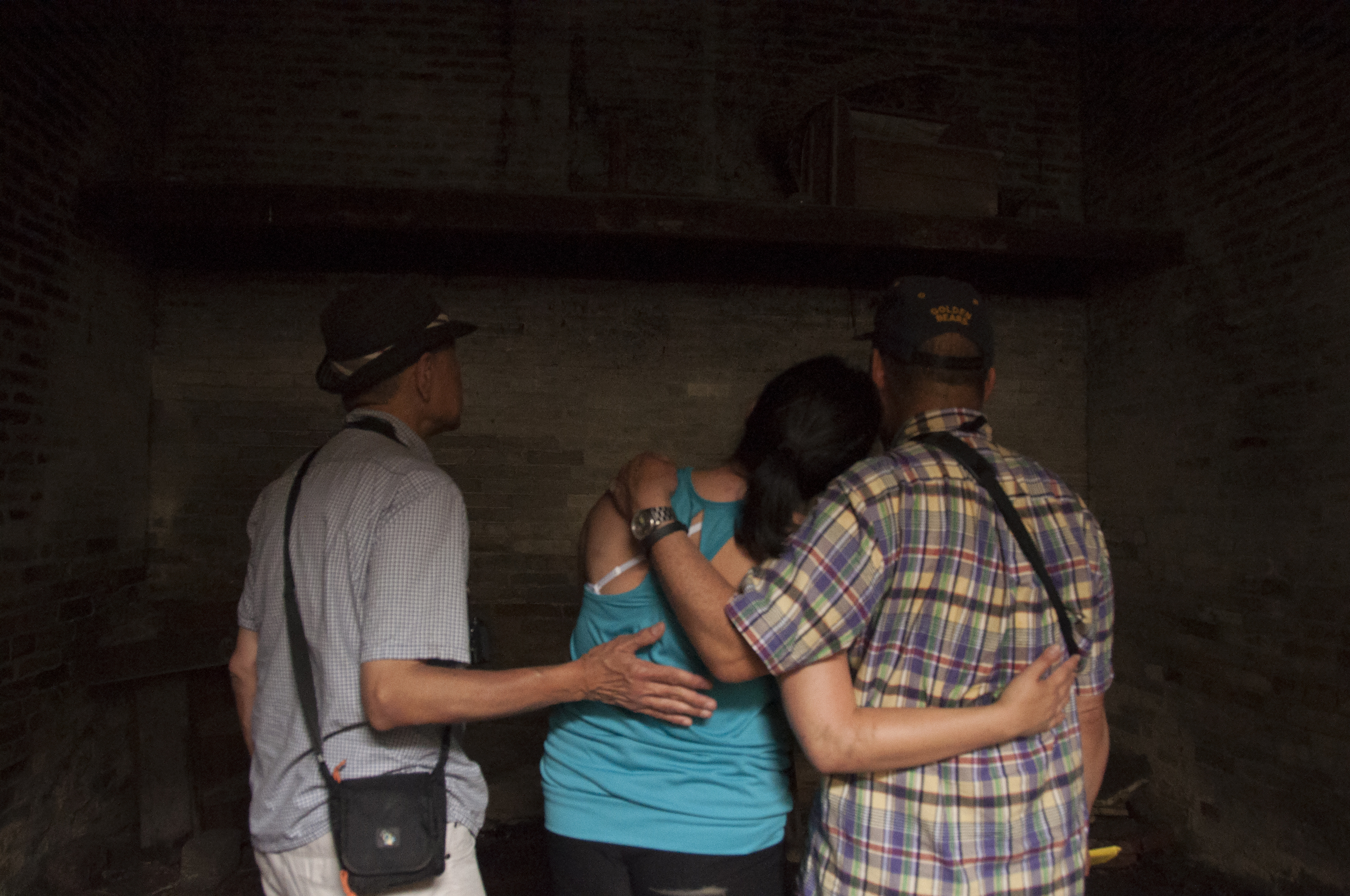
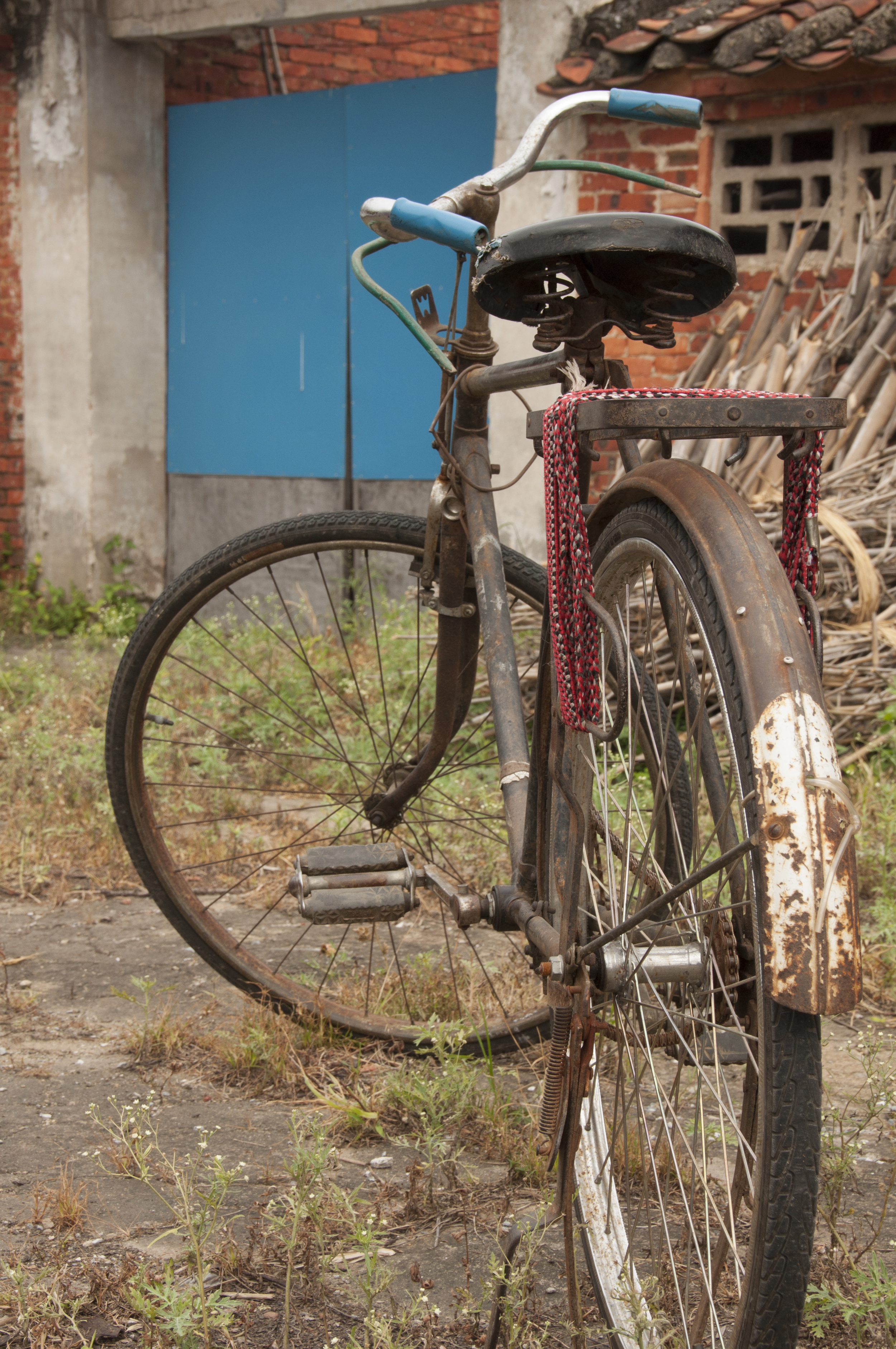
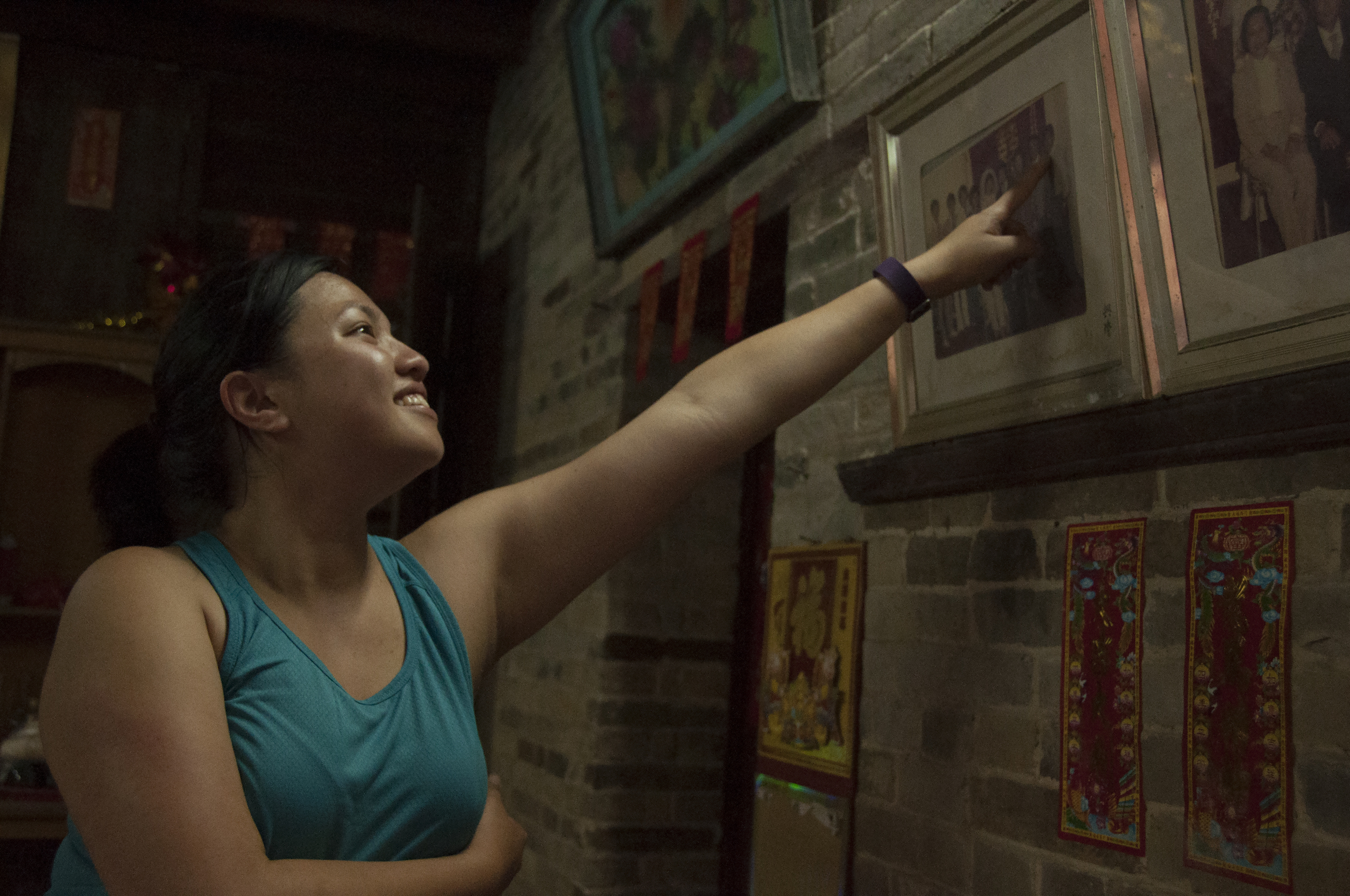
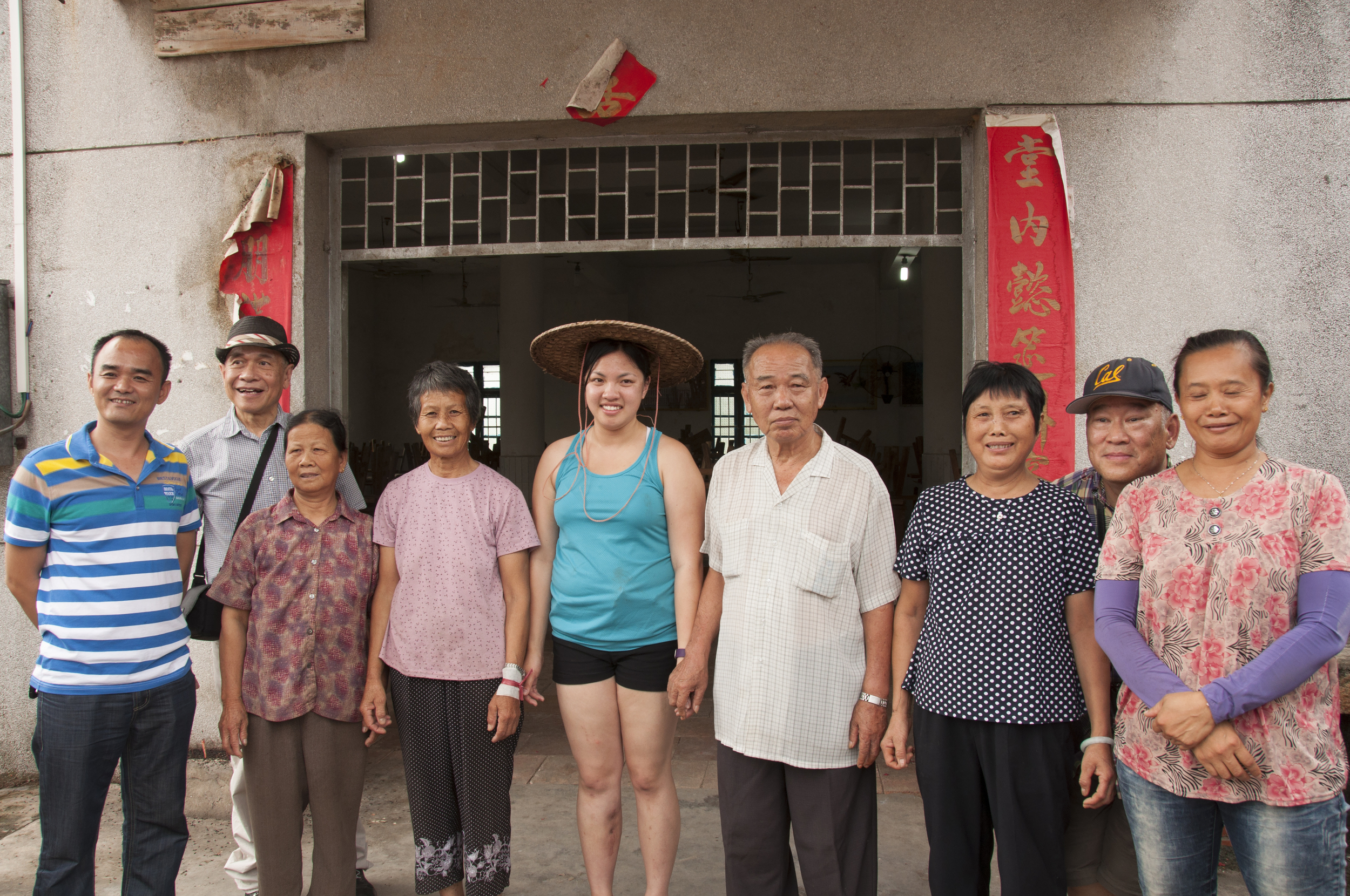
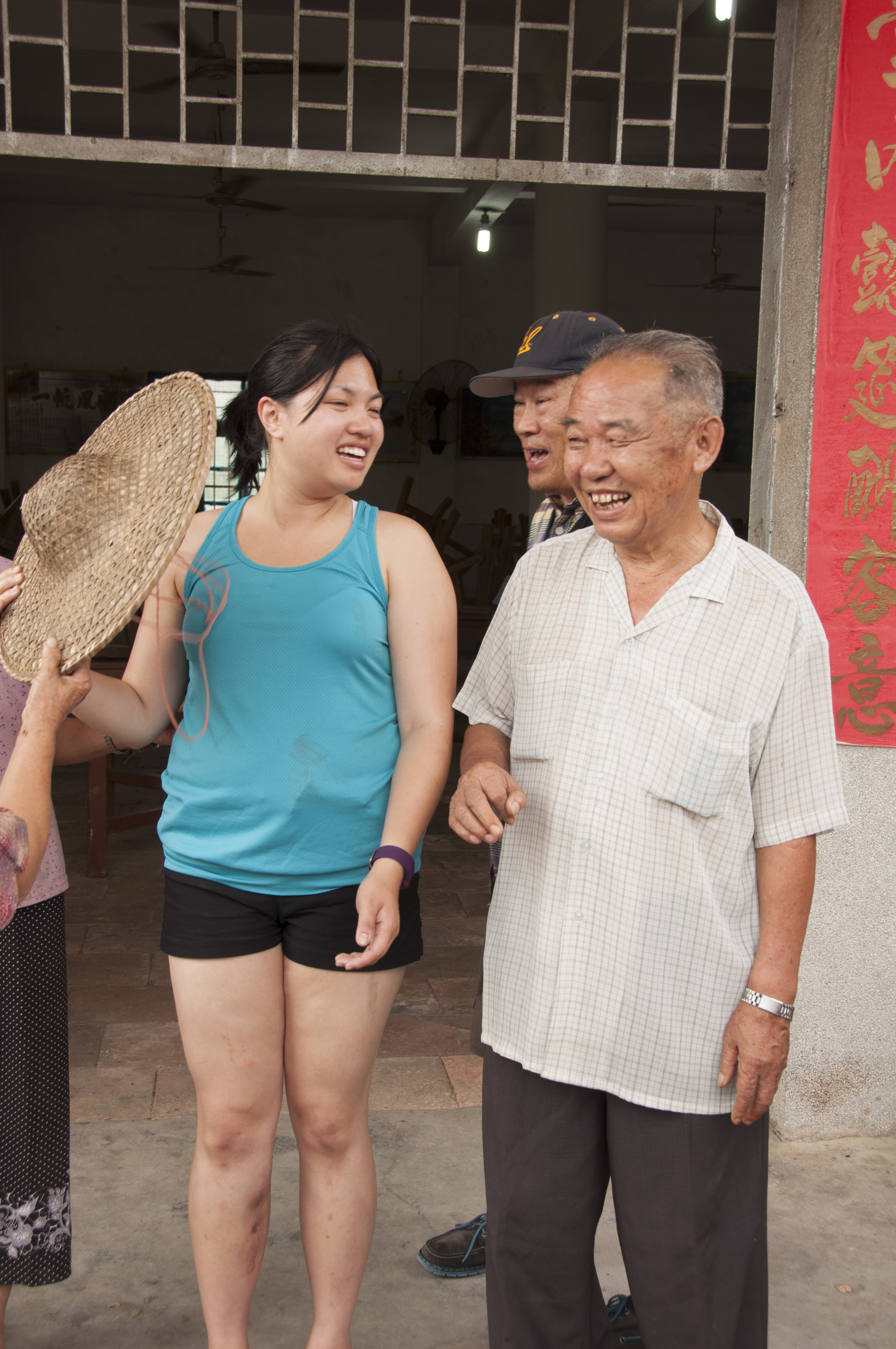

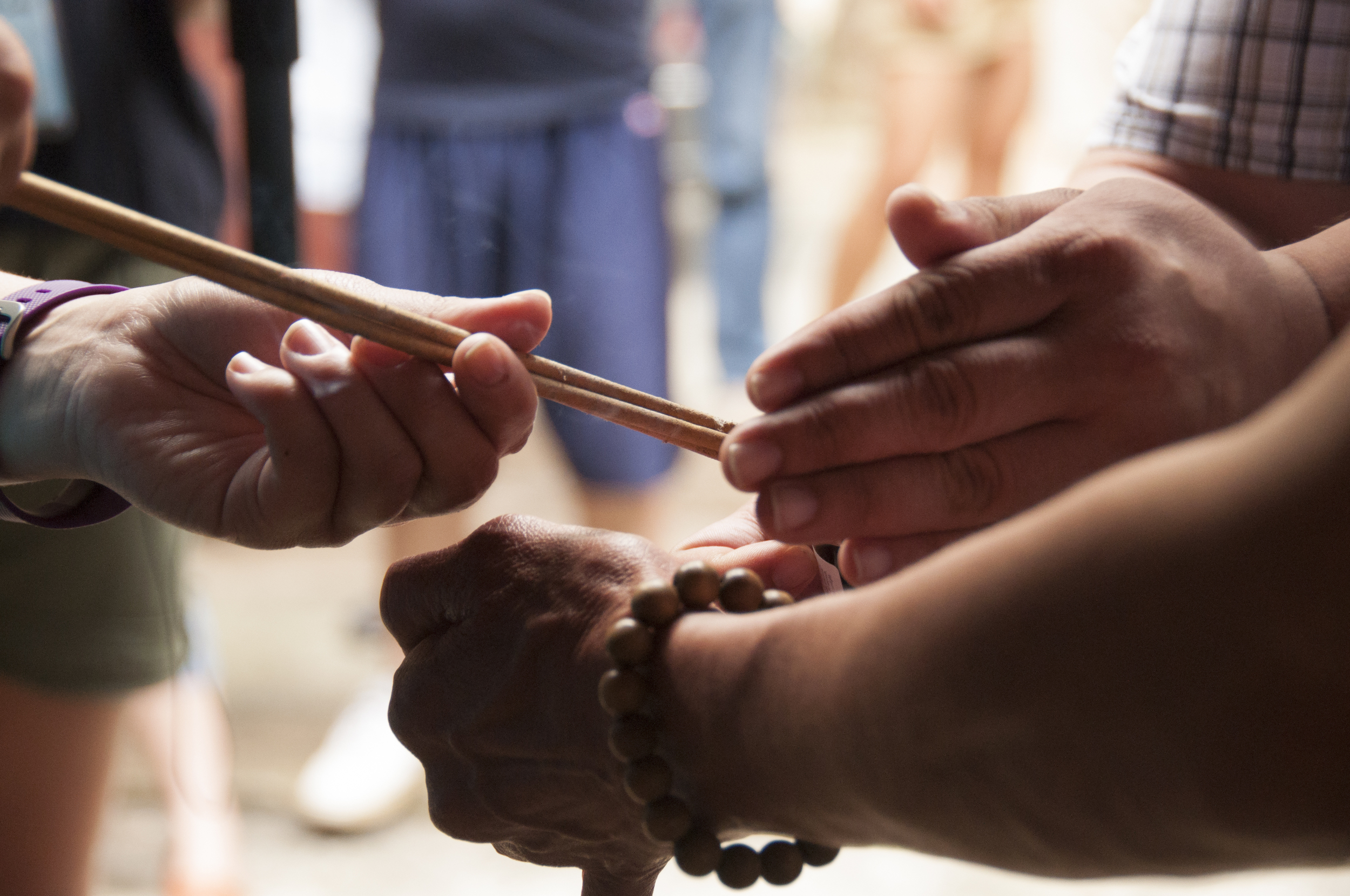
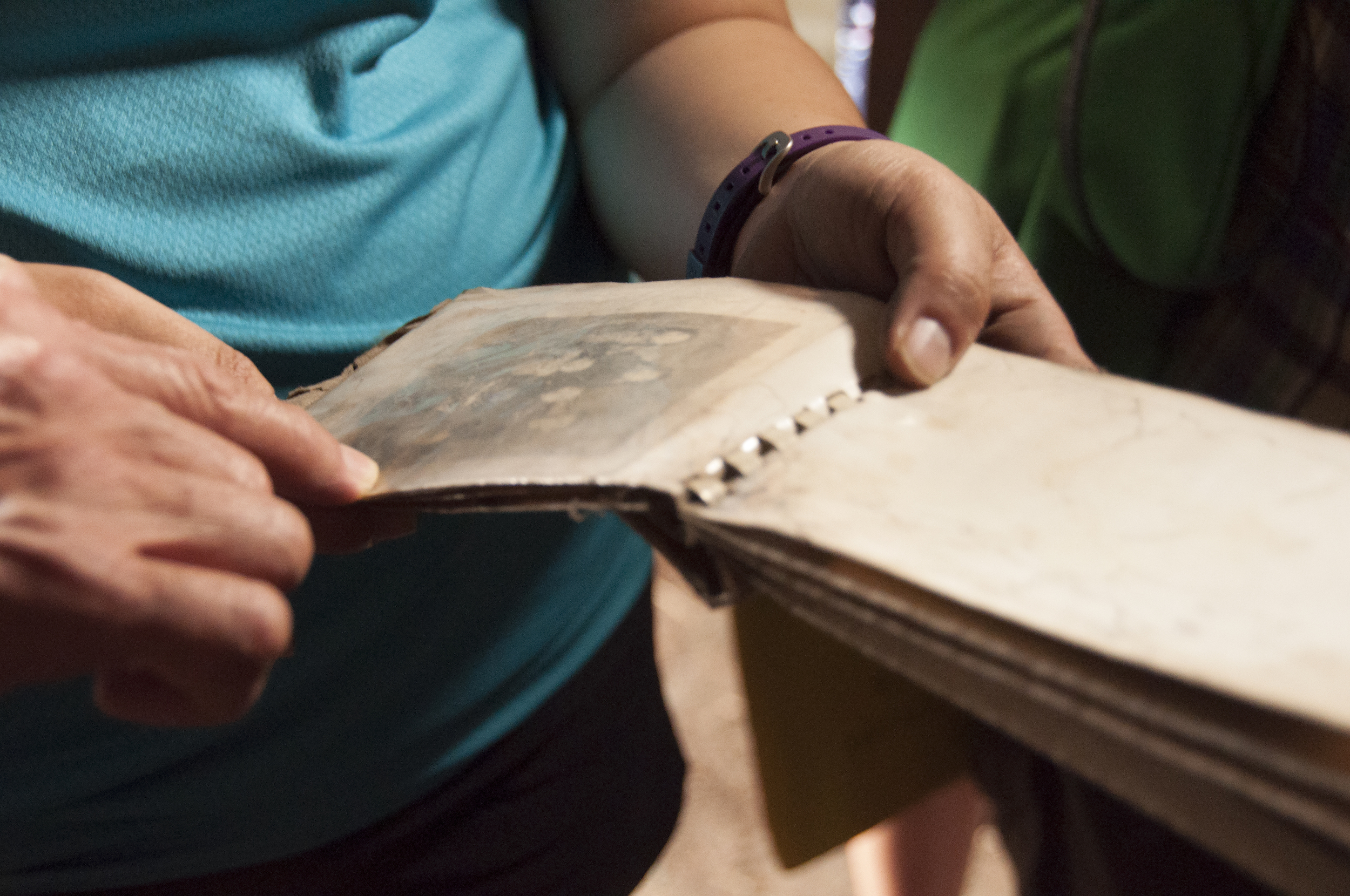
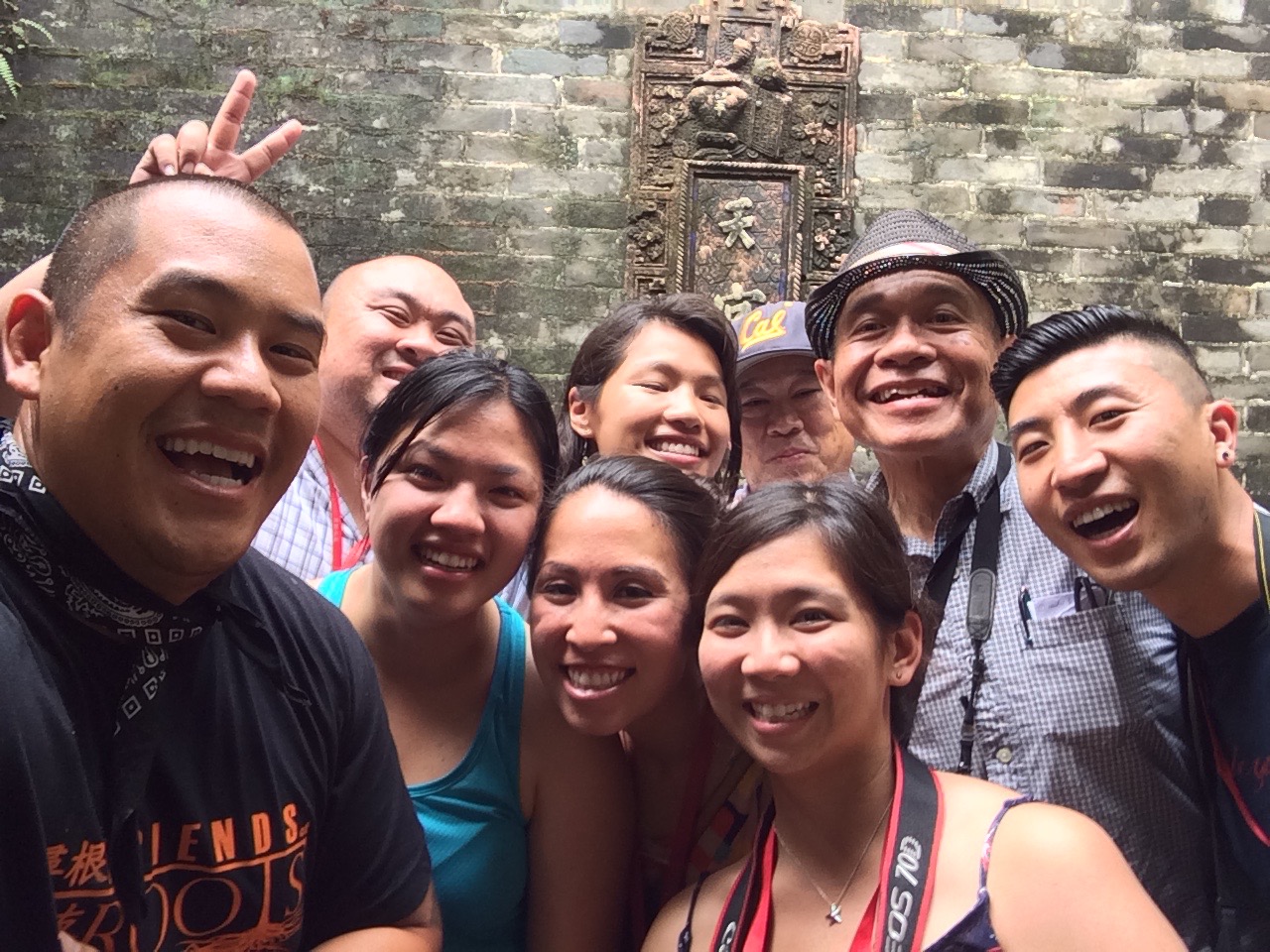
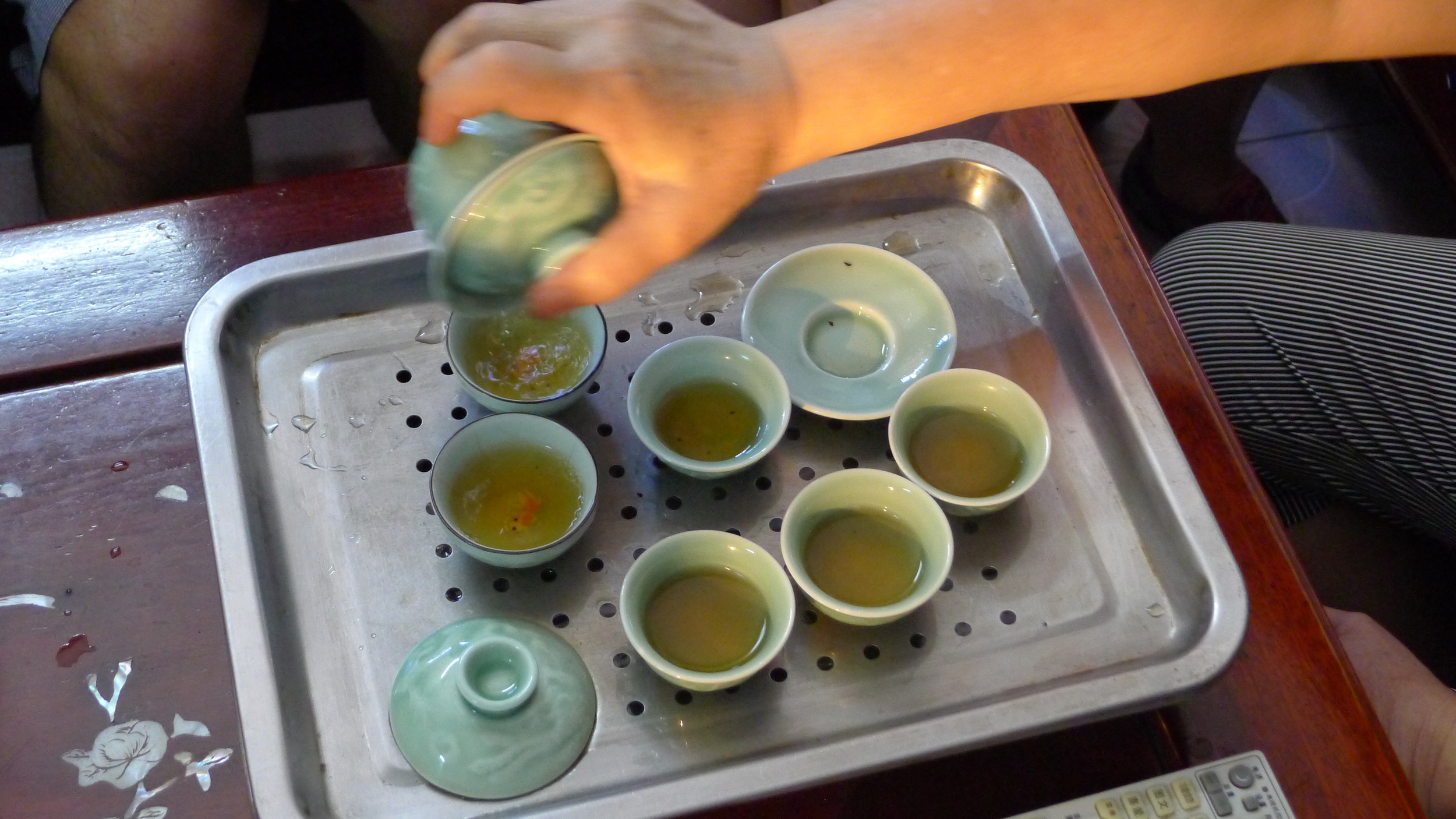

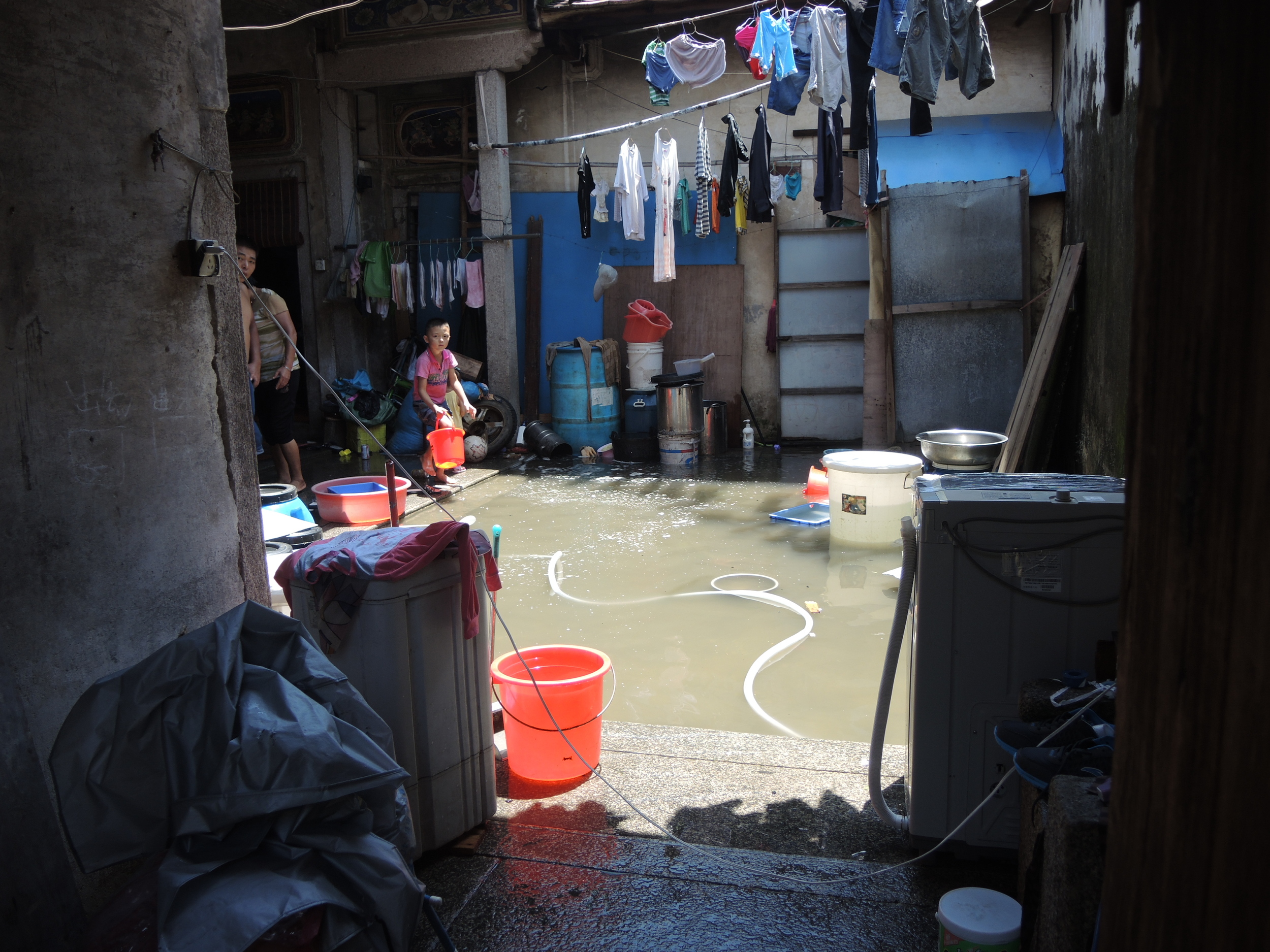
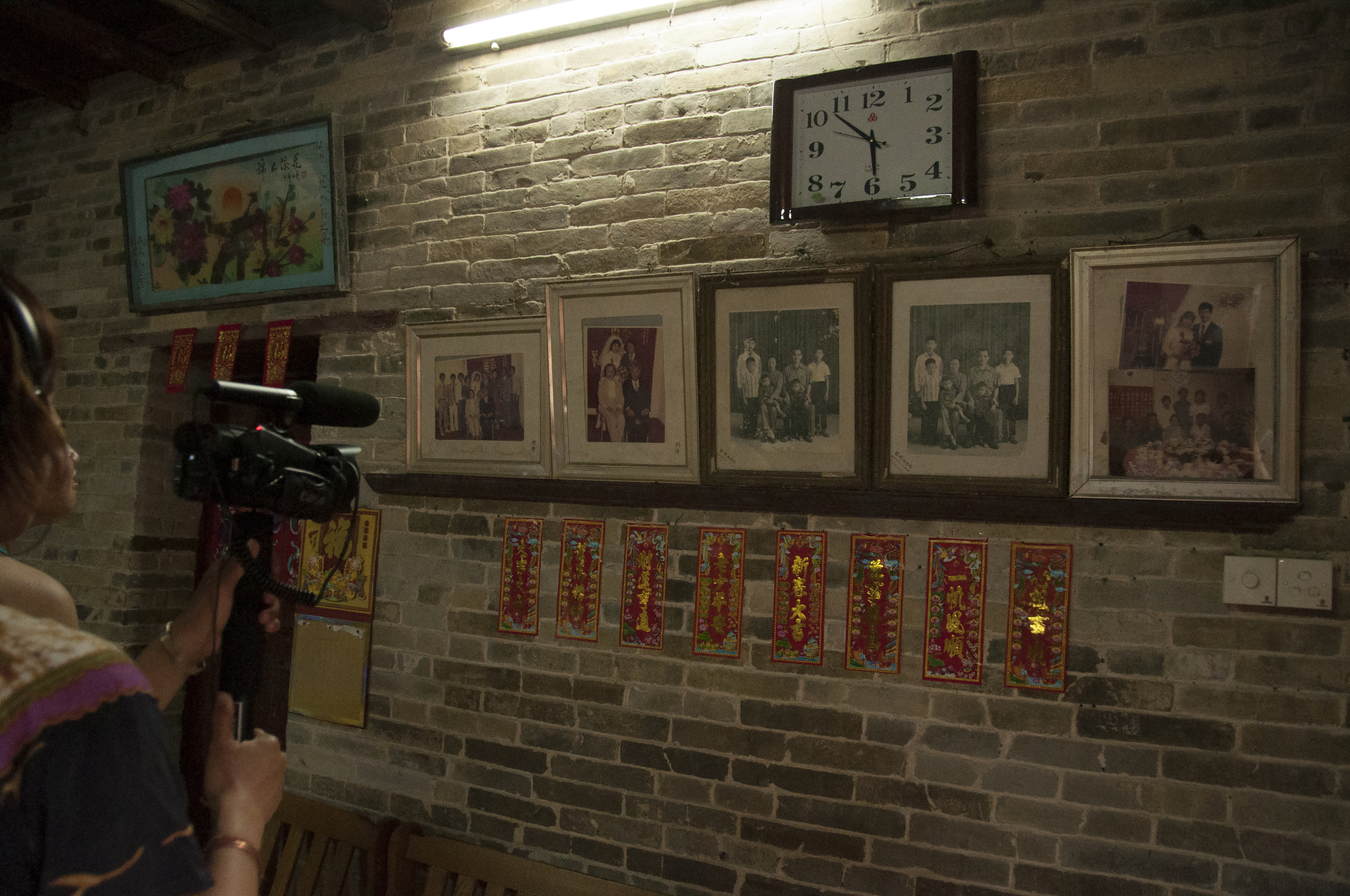
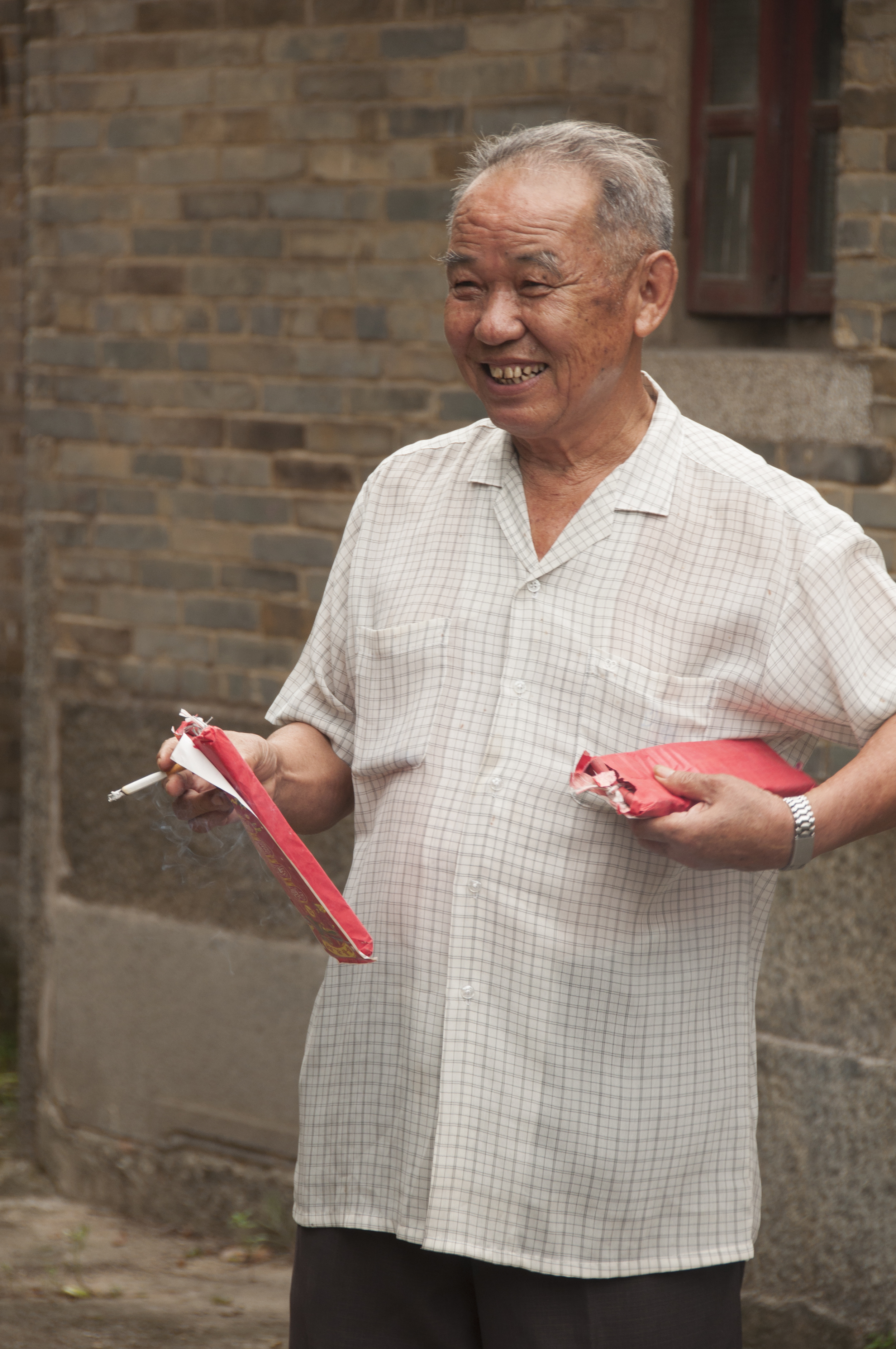
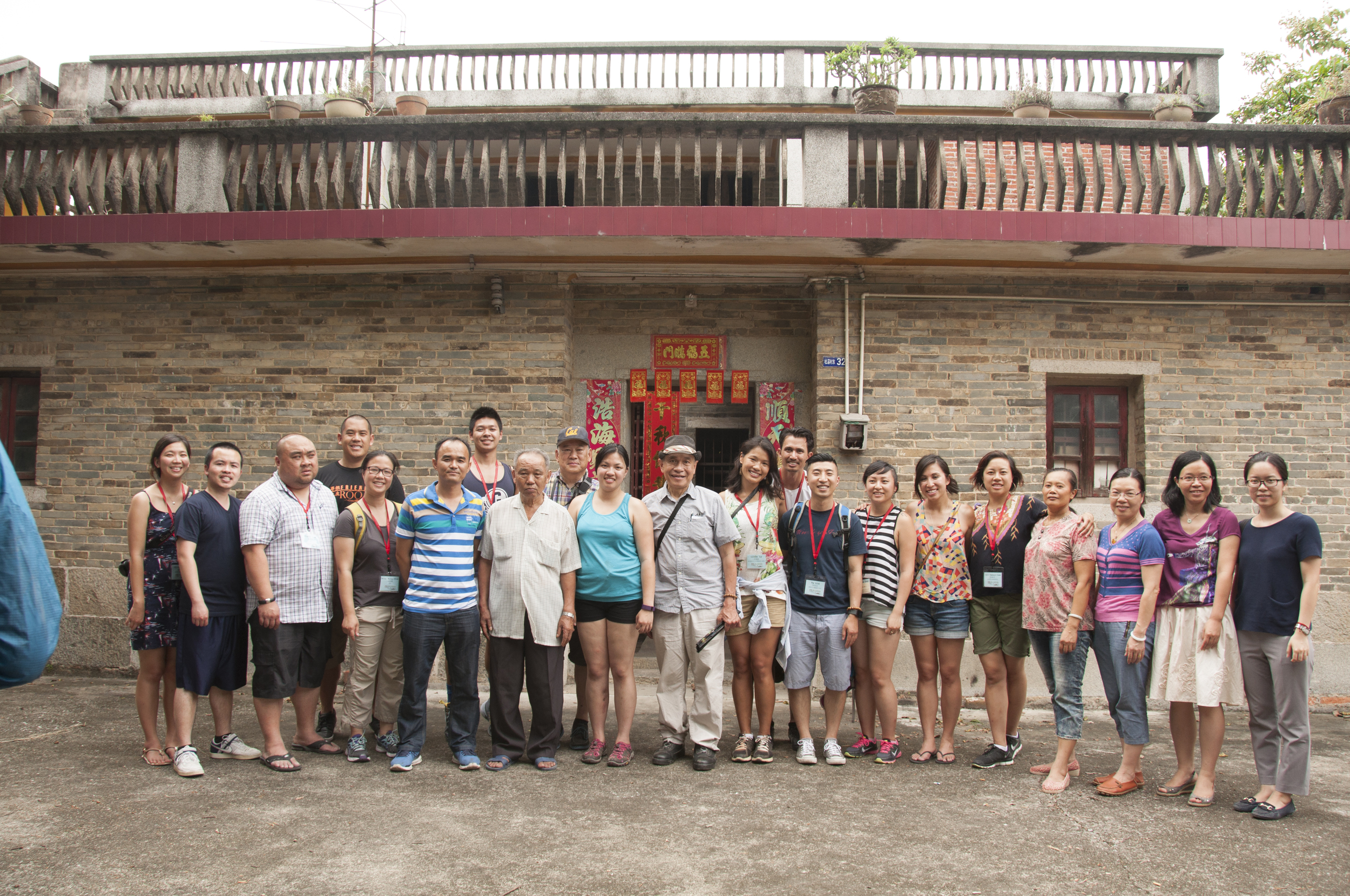
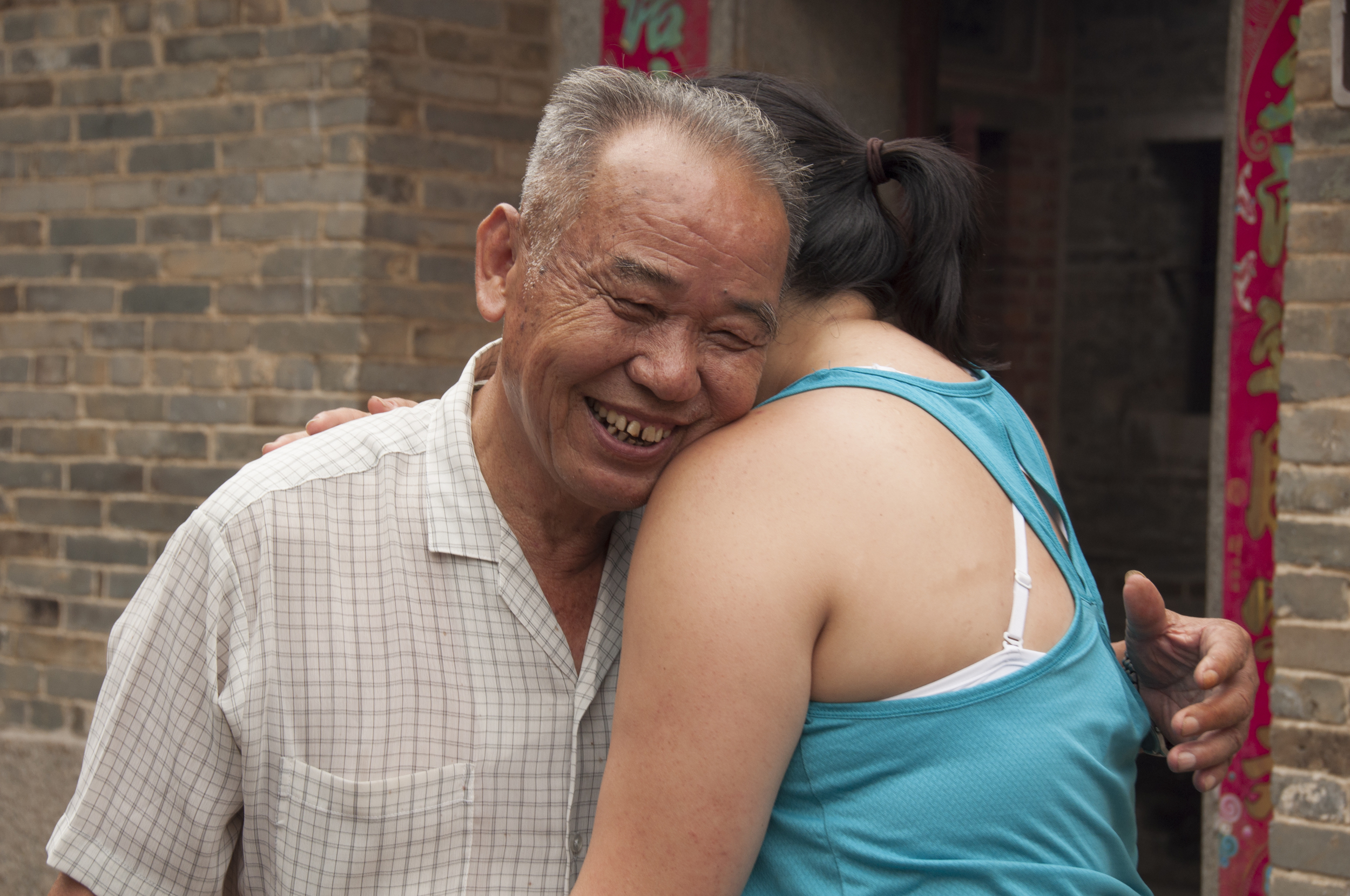
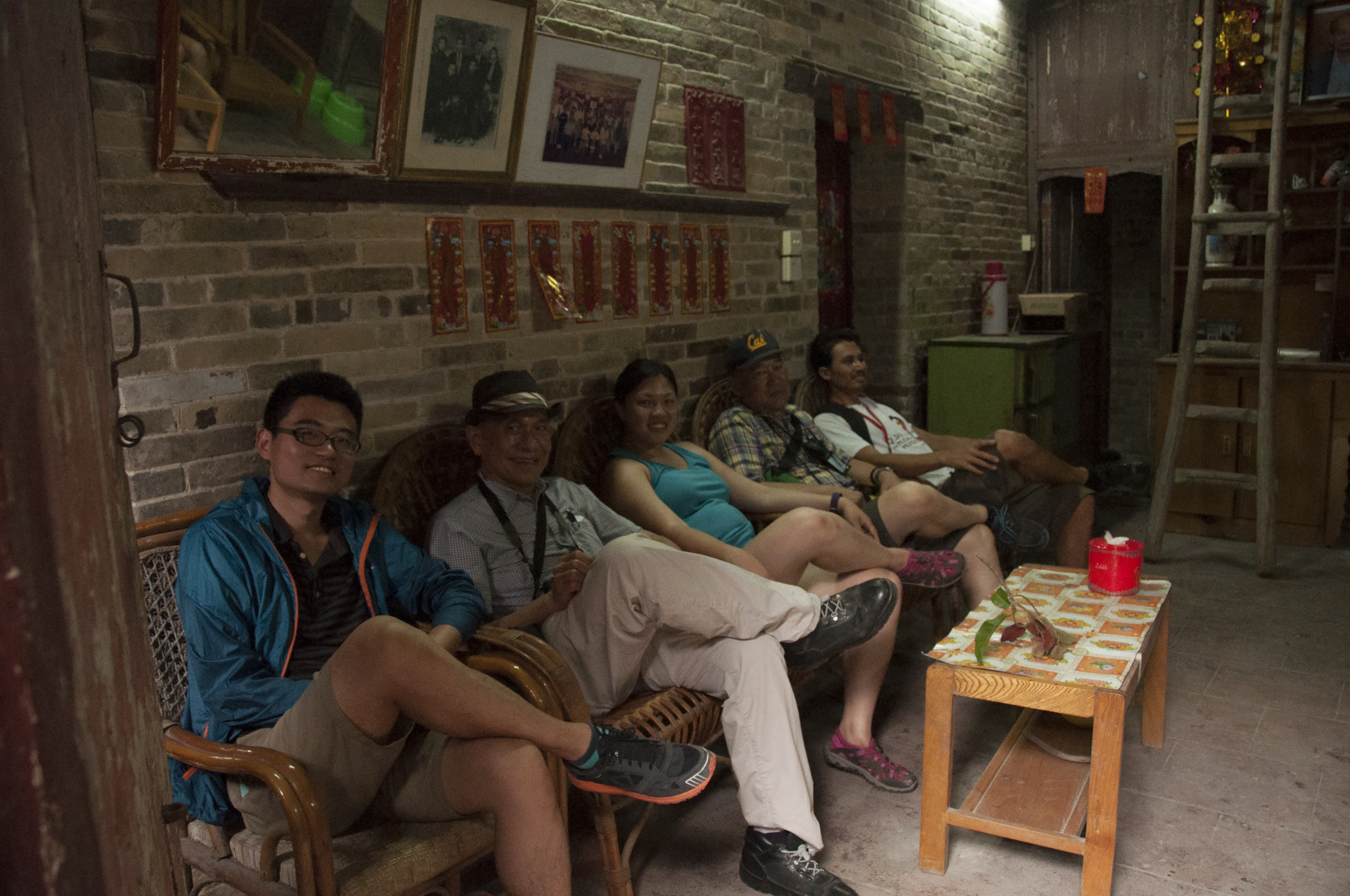
Cheryl Tien - Paternal Village: 中國廣東省彿山巿三水樂平鎮黃塘村委會社滘村錢家村民小組
I have never been Chinese enough. Growing up, I was constantly compared to my cousins: they always spoke better Chinese, were more attuned to Chinese culture, and were better behaved Chinese children than I ever felt like I could be. Feeling like an outsider, I unconsciously shunned my Chinese identity. I made myself believe that I was proud to be the Americanized one of the bunch. But as I grew up, I realized how much being Chinese shaped my life, and craved to find a way to further cultivate my Chinese identity. Roots provided me this opportunity.
It was hard to explain to my family why Roots was so important to me. At the time of preparing for the trip, I was also getting ready to begin graduate school, and my father wanted me to focus on school rather than take a vacation to China. What he didn’t understand, and what I struggled with communicating to him was that my trip to China was for him. My father has been in an on-going battle with cancer for the majority of my life, and about a month after I began the Roots program, he was re-diagnosed. The treatment options available were extremely severe and he chose to not move forward with them.
Roots guarantees that we get to visit one village, with the possibility of a second rooting. My mother’s family village is in the Chiu Chow region, an area that is rarely visited by the Roots program. I was torn between ensuring that I got to see an area vastly different from the rest of Guangzhou, and the one that I felt the most connected to culturally, and honoring my father’s heritage with his waning health fresh in my mind. Unfortunately, it was really difficult to pinpoint the location my paternal village, and because of my father’s lack of support, I chose to make my maternal village my primary rooting.
I was shocked when I was informed that I would be visiting my paternal village the day before I was to leave on my rooting trip. I had reconciled with myself that I wasn’t going to see my paternal village and had resigned myself to having to deal with the guilt of not being able to honor my father’s heritage. For these reasons, I wasn’t entirely sure if I was ready to embark on the emotional journey that this rooting would mean for me. During my briefing, I found out that my great-uncle who I didn’t even know existed was going to meet me at the village. I had so many mixed feelings about the rooting that I broke down in tears, and the leaders even asked me if I wanted to skip the rooting. Ultimately, I knew that I would have regretted not going to my paternal village, especially with all the logistics and planning everyone had put into it, and with the support of the leaders and fellow Rooters, I made the decision to do the rooting even though I felt emotionally unprepared.
I was so nervous on the day of my paternal rooting. We drove down a long road that looked very different from the rest of the agricultural landscape of all the other villages we had seen. It actually reminded me of the Irish countryside that I had visited a few years prior which made feel immediately connected to the land because it felt so familiar. As we pulled into San Shui (Three Waters), I immediately recognized my great-uncle because he looked so much like my grandfather. My great-uncle and the village leader lead me to the ancestral temple where I was able to pay my respects. They then guided me to two abandoned homes: one where my grandfather was born, and the home he lived in before immigrating to Vietnam. In the home where my grandfather lived, I prayed once again. This time, Al instructed me to speak directly to my grandfather. I froze. I have never considered myself a particularly spiritual person, and when I prayed in the past with my family, I went through the motions with positive energy without actually formulating concrete thoughts. When I didn’t verbalize anything, Al once again prompted me to say my prayers out loud, instructing me to specially talk about my dad. For a split second, I remember being so mad at Al, but then all of my complicated feelings and thoughts came spilling out. I told my grandfather that our family was doing okay, despite all the various hardships that life had thrown us since his passing. I also told him about my dad’s deteriorating health, and to make sure my dad would be okay when the time came. In that moment, I felt not just my grandfather’s presence, but the love and presence of my entire lineage.
After praying, I spent some time exploring the home with Al, Steve, Celi, and Ty. Being with them allowed for me to really digest my experience. They helped me climb up to a landing where there was furniture and a box full of clothes where we discovered two intricately designed baby swaddlers I was allowed to keep. We then moved on to see the rest of the village that was still inhabited by people. There was a modern-looking community center where I met people who were distantly related it to me. I also saw my great-uncle’s former house where he lived for a number of years. The moment I walked in, I saw that the walls were full of pictures of my dad and his siblings. There was also a picture of my dad from when he visited China; I had no idea that my dad had ever visited China. With my fellow Rooters, we explored the village and had fun together, as a family, interacting with the villagers.
It’s common that Rooters light a string of firecrackers to close out their rooting, but I was intimidated by how short the fuse was so my great-uncle did it when I was preparing to leave. I remember thinking he was so cool when he casually light a few strings of firecrackers and threw them over his shoulder as I sprinted out of the way. I told my great-uncle that I would send updated pictures of our family, and that I would make to keep in touch.
Even though my dad and I didn’t talk about my paternal rooting either before or after it occurred, my rooting was more about my relationship with my dad and my paternal family than even I was conscious of. I no longer feel not Chinese enough, or the desire to prove to my family that I’m not an outsider in our family. My validity in my paternal family is no longer grounded in the context of my relationships with my father, and first relatives. Rather, my place is grounded in a long lineage of strong, amazing individuals, ready to welcome family at any time.
I was lucky enough to be able to visit both my maternal and paternal villages. My maternal village is in Shantou in the Chiu Chow region of Guangzhou. This area is vastly different from the rest of Guangzhou and is seldom visited because of how far away the region is from other commonly visited areas of Guangzhou, both geographically and linguistically. I was fairly confident in my language abilities leading up to the trip, but the moment we actually got into the region, I realized that even within the region, the different accents of Teochew were difficult to understand. I was able to understand the majority of what people were saying to me, but found it difficult to properly communicate to people and I ended up heavily relying on Ty as a translator.
I was essentially raised by my maternal grandparents, aunts, and uncles, and have always felt fully included in that side of my family. Up until the middle of high school, I spent every day after school with my grandparents while my parents were at work. My aunts and uncles taught me everything I know; how to brush my teeth, ride a bicycle, even calculus in high school. They have been there for every birthday, graduation, and milestone in my life. All that I am now, and all my accomplishments have been because of their support. I will never be able to articulate how grateful I am for maternal family, and visiting my maternal ancestral village was my own small way of reminding them how important they are to me.
We had a tight schedule of rootings on the day of my maternal rooting. The schedule was Ty, myself, and then Connie. My role for the day was to stick pretty close to Ty and Connie and be their assistants. There was a lot of uncertainty around what we would find during Ty’s rooting so I was trying to be as supportive as possible. When we arrived to what we thought was Ty’s rooting, I quickly found myself being pulled forward by a city official who informed me that we were in fact at my rooting.
I was inundated with the same amount of love and support from these relatives whom I had never met before that my maternal relatives back home give me. Despite the difficulties around communicating with all the relatives who were there to greet me, I felt completely at home and comfortable. We had tea together, and spent some time exploring the home. I was informed that the ancestral home was flooded due to a storm the previous day, but I was given the option to see another older family home where there was a family shrine. I opted to go see the home, but when we got close, I was told that that home was flooded as well, and we’d have to wade through about a foot and half of water.
In that moment, somehow, through the language barriers, everyone banded together. The rooters ran to the bus and gathered as many pairs of sandals as possible, and some local villagers gave those of us who were able to get sandals all rides on motorcycles to the home. When I got to the home, Ty helped me pray out loud to the family shrine and we waded around the water for a bit before being told we were late to our next destination. Before I knew it, I had to hastily say goodbye to my relatives, and I was back on the bus.
Words will never fully be able to capture the impact going to China with the Roots program has had on me. I thought I was going to China to see where my family came from and to pay respects to my ancestors. I accomplished both of these goals, and I also gained clarity in my place in all my families. In just two short weeks in China together, I also gained a Roots family who have been supportive, trusting, and loving from the very beginning, without hesitation. This program showed me that even though sometimes I might forget, or might not know how to recognize it, I will never be without love, and for that, I am eternally grateful.
